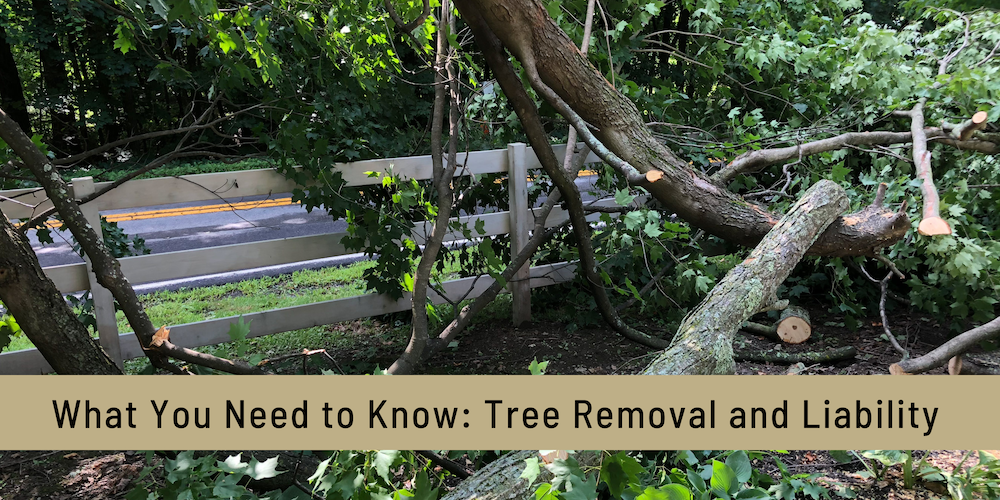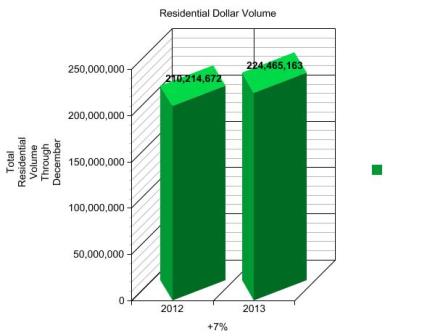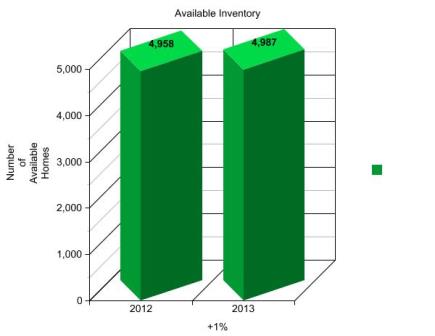
The weather is clearing, flowers are blooming, birds are chirping and now is a great time to go through a Spring Maintenance Checklist for your Short Term Rental in the Smokies.
This blog post will walk you through 7 areas that could use your attention this spring.
Performing regular maintenance on your short term rental helps you maintain the value of your home and to prevent costly repairs as your home ages.
#1 Inspect the Exterior of Your Home
Winter can be rough on your home’s exterior! Spring is a fantastic time to take a good look to evaluate if your home might need repairs.
Begin your visual inspection by looking for cracks, peeling paint, warped boards, or loose siding.
If your home’s exterior is looking a bit dated, Spring is a great time to schedule a fresh stain, or siding replacement.
#2 Clean Your Gutters and Downspouts
Proper gutter and downspout maintenance may seem like a small task, but it can save you from costly headaches in the long run!
Clogged gutters and downspouts can lead to water damage, foundation issues, and roof leaks if not attended to.
It’s important to remove obstructions and ensure water is being directed away from your home’s foundation.
#3 Inspect and Clean Your HVAC System
Spring is here, which means that summer is well on its way! And summer in the Smokies is no joke – it’s important that you prepare your HVAC system to function optimally for the busy summer season.
An HVAC inspection can extend the lifespan of your system and ensure it’s operating optimally!
Your HVAC inspection may include:
- Replacement of filters
- Inspection of ducts for dust, mold and debris
- Testing of fan motor
- Check the HVAC cabinet for leaks
- And More
Completing regular maintenance on your HVAC system is an excellent way to prevent costly and untimely repairs.
#4 Inspect Your Doors and Windows
Now is the time to check your door and windows for any air leaks, gaps, or cracks that might need to be repaired.
In order to maintain a tight seal you may need to replace weatherstripping around your doors, or caulking around your windows.
If your doors and windows are aging you might consider a replacement to more energy efficient materials.
#5 Inspect Your Deck or Patio
It’s officially porch season! It’s time to give your space a good clean – remove debris, dirt, or mildew buildup.
Once clean, you’ll want to inspect your decking for any signs of water damage, loose boards, railings, pest damage, or any other damage.
You might consider adding a fresh coat or stain or sealant.
Taking care of small issues on your deck can help prevent costly repairs in the future.
#6 Inspect Your Roof
Your roof is your home’s first line of defense against the elements.
Take a close look at your roof as part of your spring maintenance routine.
You’ll want to look for missing, cracked, or loose shingles, as well as any water stains or leaks in your attic or ceiling which could be a sign of something more serious.
If you notice any serious issues or are unsure about the condition of your roof – call in a professional roofing contractor so that they can compete an inspection for you.
#7 Pest Inspections and Prevention
Pests like porch season too! Now that the weather is warmer, household pests are coming out to play.
Completing some of the other items on the Spring Maintenance Checklist like inspecting your doors, windows, deck, and roof will help you keep pests at bay.
You may also want to
- Take a look around your foundation for any cracks
- Make note of any area where you see droppings, chewed materials, or nesting areas
If you have any infestations or disturbances due to pest it’s best to call in a professional pest control service.
Learn more about common pests and how to prevent them here!
As a short-term rental owner in the Smoky Mountains, completing preventative maintenance on your rental property allows you to keep your home in tip-top share, which provides a steady stream of bookings and repeat guests!
























